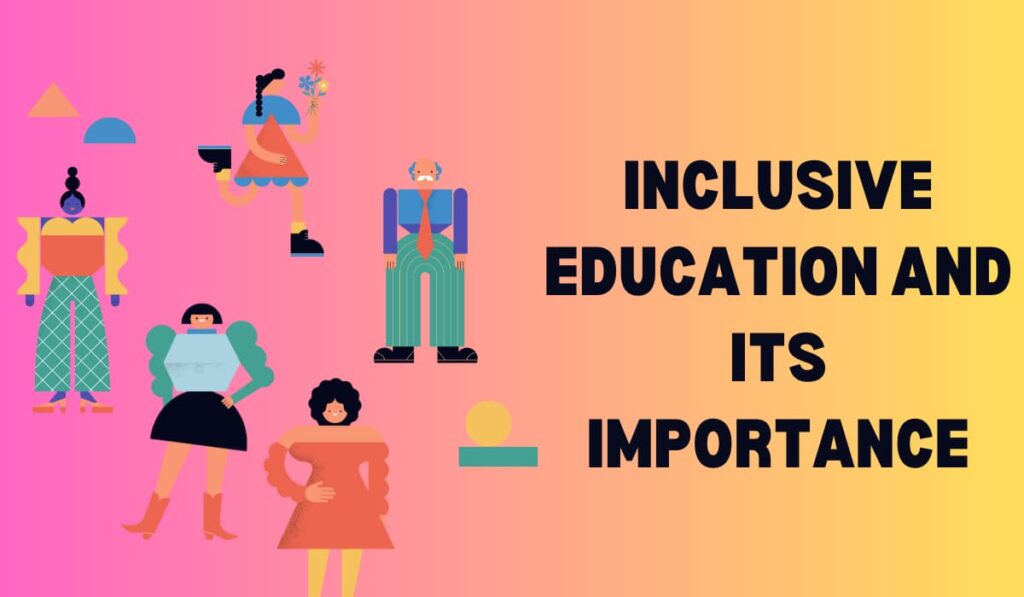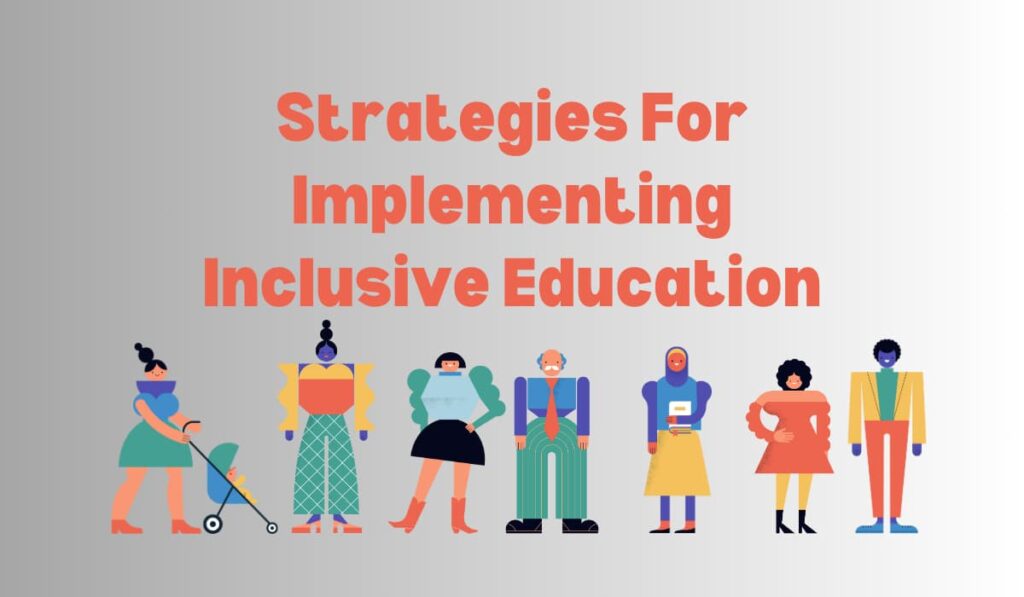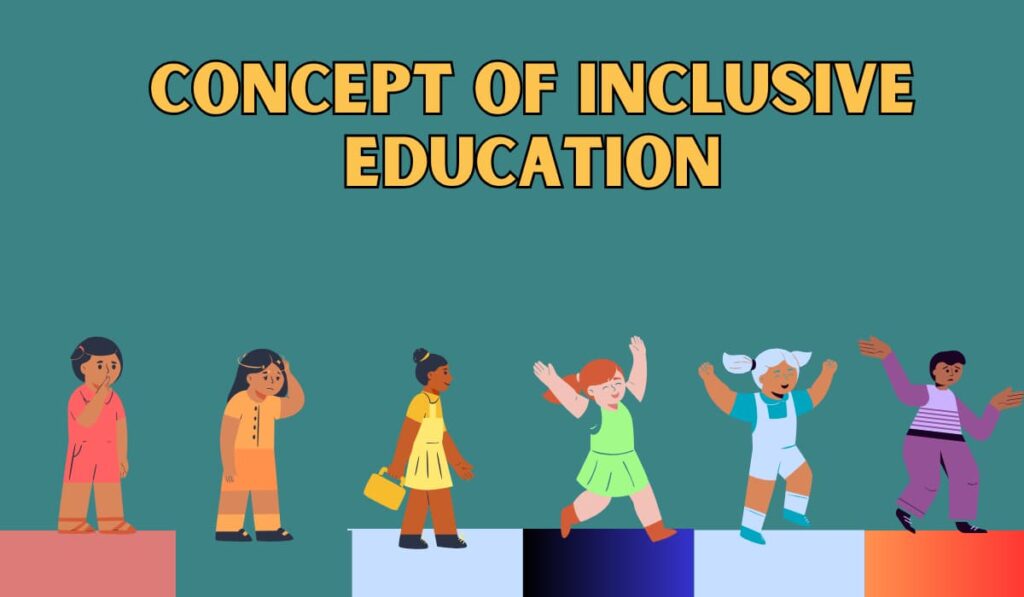Inclusive education is an approach to teaching that caters to the diverse needs of all learners in a classroom setting. It aims to ensure that each student, irrespective of their abilities or limitations, has equal access to education, learning opportunities, and full participation in the learning environment.
Inclusive education involves active participation from teachers, parents, and the community to provide a holistic approach to education.
This article will delve deeper into the meaning, importance, and benefits of inclusive education for students, educators, and society as a whole.
Inclusive Education And Its Importance

Inclusive education is a concept that aims to provide equal opportunities for all students regardless of their differences. It refers to a learning environment where learners with diverse backgrounds can learn together.
Inclusive education has evolved, and it traces its roots to the early 19th century.
It is an approach that emphasizes bridging the gap between learners and empowering them to reach their full potential. Inclusive education has a monumental impact on learners’ social and emotional development.
It promotes an inclusive society that fosters mutual understanding and respect.
Therefore, it is fundamental to implement inclusive education policies that cater to learners’ diverse needs.
It is the responsibility of governments and educational institutions to ensure that inclusive education is a reality for all learners.
Ultimately, inclusive education is a crucial step towards a more equitable and representative educational system.
Barriers To Inclusive Education
Inclusive education aims to provide equal opportunities for learning to all students. However, several barriers hinder the success of inclusive education programs.
Societal attitudes towards people with disabilities can create negative stereotypes and discrimination. Limited resources and funding for inclusive education programs can hamper the implementation of effective teaching approaches.
Inadequate support and training for teachers and staff can lead to a lack of skills and knowledge necessary to teach in inclusive classrooms.
Finally, the lack of access to assistive technology and accommodations can limit the participation of students with disabilities in classroom activities.
Overcoming these barriers is vital to ensure the success of inclusive education programs and provide an equal learning experience for all students.
Strategies For Implementing Inclusive Education

Inclusive education is a powerful approach to teaching that ensures no learner is left behind. Creating a welcoming and inclusive learning environment is the first step to implementing inclusive education. Providing individualized and flexible support for learners can help every student reach their potential.
Collaborating with families and community resources can create a network of support and foster a sense of community. Incorporating assistive technology and accommodations can level the playing field for all learners.
By implementing these strategies, educators can create a truly inclusive education system that benefits all students.
Benefits Of Inclusive Education For Learners And Society
Inclusive education benefits both learners and society. It leads to better academic outcomes and social skills. Furthermore, it creates a more diverse and inclusive society by promoting understanding and empathy among students.
Additionally, it increases opportunities for employment and independence for individuals with disabilities.
By including everyone in the educational system, we can develop a more inclusive and empathetic society.
So, every student should have the opportunity to learn together. By doing so, we can ensure that every student is valued, supported, and respected.
Frequently Asked Questions
What Is Inclusive Education?
Inclusive education is where students with disabilities learn alongside peers without disabilities.
Why Is Inclusive Education Important?
Inclusive education promotes acceptance and diversity, builds friendships, and prepares students for adulthood in an inclusive society.
How Can Teachers Support Inclusive Education?
Teachers can support inclusive education by focusing on each student’s strengths, providing alternative learning materials, and creating a safe and welcoming classroom.
Conclusion
As we reach the end of this journey, it is apparent that the benefits of inclusive education go far beyond academic excellence. By creating a learning environment that caters to the diverse needs of students, we promote a society that values respect, dignity, and equity. Inclusive education has become an essential tool in ensuring that every student has equal opportunities to thrive and be the best they can be. We have learned that it is not only right, but it is what is best for our students, for our communities and for our future. The possibilities are endless when we embrace diversity, and inclusive education is the foundation for that.


